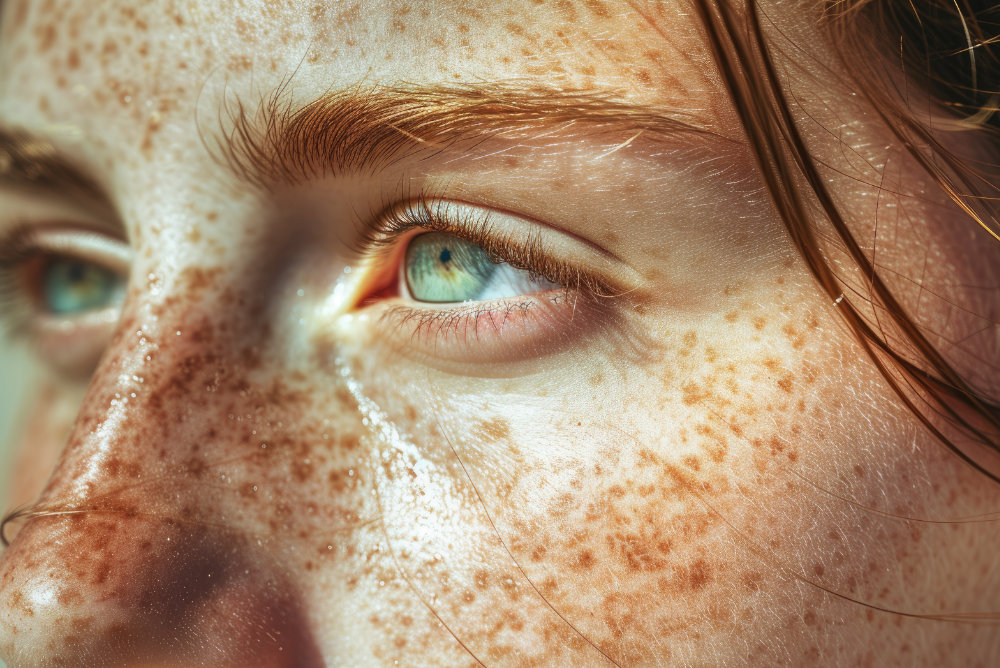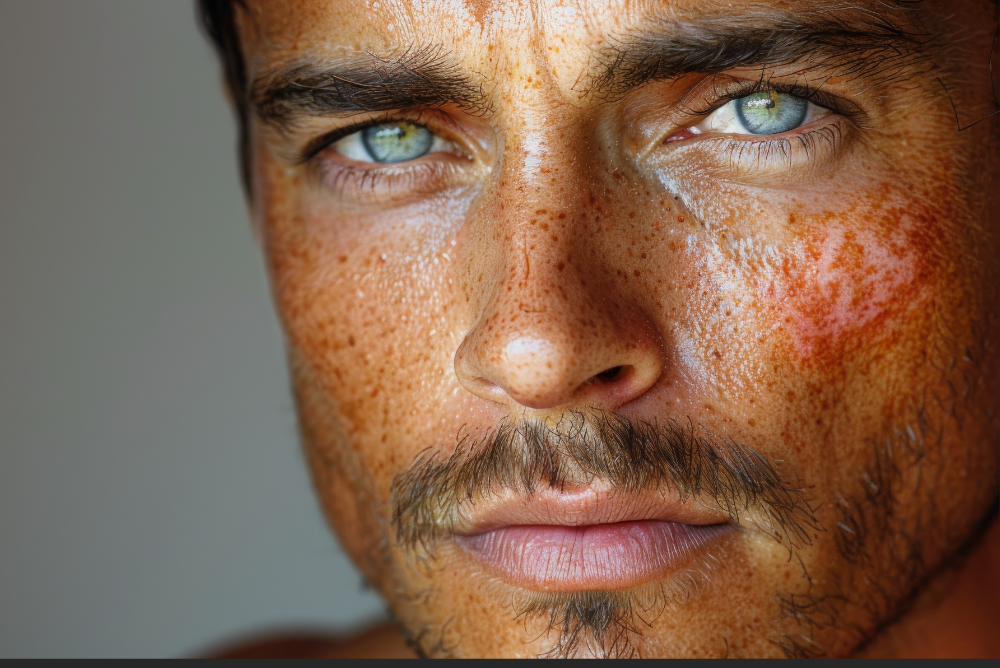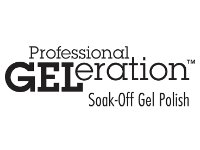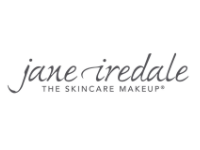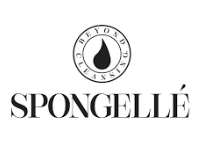More and more skin clinics and salons have been offering it as a popular treatment. But beneath the surface, this popular skincare treatment might be doing more harm than good. Here’s why we stay far away from dermaplaning and why you should consider it too. We often get a lot of backlash whenever we talk about this, however, we think it’s worth it to warn our clients of the issues that dermaplaning can cause.
The allure of Dermaplaning
At first glance, dermaplaning seems like a miracle worker. Using a scalpel-like tool, it scrapes off the top layer of dead skin cells and fine vellus hair (peach fuzz), leaving the skin looking smoother and brighter. This immediate result can be incredibly satisfying, leading many to become repeat users. Yes we do agree that there is a noticeable ‘glow’ from the treatment! However, the glow you see is not as beneficial as it appears…
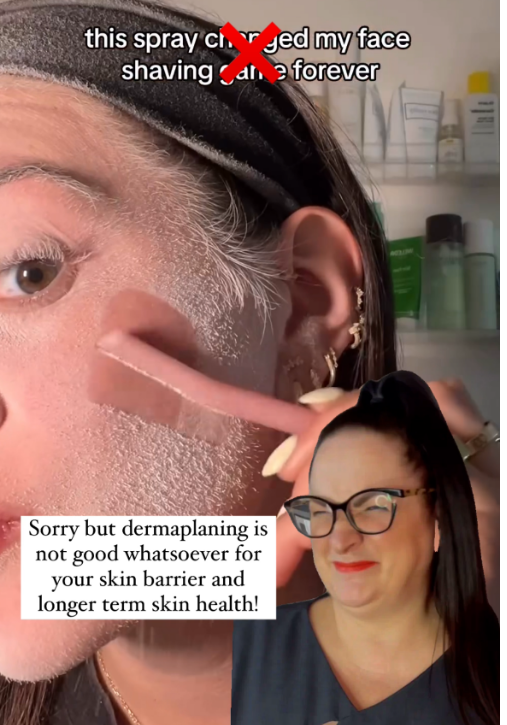
This is an example of an influencer dermaplaning her face in a viral video that we shared on our instagram
What’s wrong with downy hair anyway?!
As I always say, ‘Why is everyone so obsessed with getting rid of downy hair? I’m in the bring back downy hair club!!’. Downy hair is there for a reason! Hence why it is on everybody’s bodies after years of evolution! It helps regulate your body temperature, keeping our skin warm by providing insulation. They also help keep us cool – helping our bodies wick away sweat, which cools us off and helps avoid heat illness. Vellus hairs also protect your skin and help you sense the world around you. Vellus hair also acts as a reflector and is part of our body’s defences to protect us from UV rays.
The hidden damage
While dermaplaning does remove dead skin cells, it also strips away a layer of healthy skin cells in the process. This can leave your skin vulnerable and compromised. The newly exposed skin cells are immature and more susceptible to environmental damage, such as UV rays and free radicals from pollution. Without the natural protective barrier, your skin is at a higher risk of developing sun damage and other environmental stresses.
Barrier function and sensitivity
Our skin’s barrier function is essential for maintaining hydration and protecting against external irritants. Dermaplaning can disrupt this barrier, leading to increased sensitivity and dryness. Over time, the repeated removal of this protective layer can result in a weakened skin barrier, making it harder for your skin to retain moisture and protect itself from harmful substances.
Exacerbating skin issues
For those with acne-prone or sensitive skin, dermaplaning can be particularly problematic. The process can exacerbate existing skin issues, making spots, acne, and blemishes worse, as well as increasing symptoms from skin conditions such as Rosacea. The irritation caused by the procedure can lead to increased redness and inflammation, which is counterproductive to achieving clear and healthy skin. Dermaplaning by itself doesn’t increase pigmentation but it’s because it’s removing that protective layer of our skin that pigmentaiton can then be worse.
Dermaplaning can increase premature aging
While the immediate effects of dermaplaning are tempting, it’s crucial to consider the long-term health of your skin. The continuous removal of the top skin layer can lead to premature aging, increased sensitivity, and chronic irritation. Instead of relying on quick fixes, it’s more beneficial to adopt a skincare routine that supports and enhances your skin’s natural functions. The instant glow from dermaplaning is short lived, and in fact will make your skin look and feel rougher – leading you to want to reach for the razor again – putting you into a toxic cycle!
At home risks
Dermaplaning at home has become popular particularly during the pandemic. However, there are many risks. You run the risk of tearing the skin if you use the wrong blade or hold it incorrectly. You may also not purchase the correct tools, which if they are inferior could then increase the risk of cuts and scarring. Without professional experience, the possibility of infection is a real possibility that should be encouraged.
While dermaplaning might offer a temporary glow, the potential risks to your skin’s health outweigh the benefits. By prioritising long-term skin health and adopting safer skincare practices, you can achieve and maintain a healthy, glowing complexion without compromising your skin’s integrity. “As I always say, a real glow takes time and patience!”
– Nicola Nally, owner of Mary Jeffrey’s


